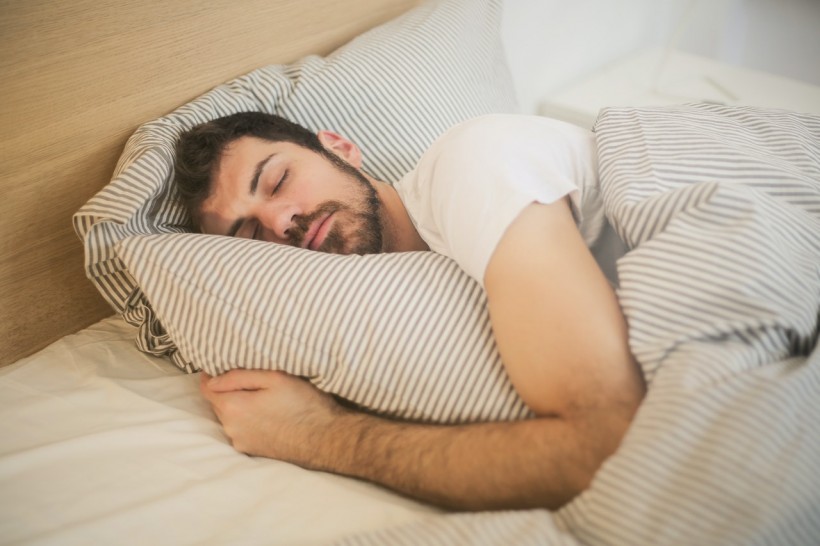There is already too much evidence supporting how insufficient sleep could lead to obesity and metabolic disorders. A group of US researchers saw it fit to flip the idea, so they conducted a study showing how adding an hour of sleep could affect one's weight.
How Sleep Affects Calorie Intake

Esra Tasali, lead investigator from the University of Chicago Medicine, explains that throughout the years, researchers have observed how sleep restrictions affect a person's appetite regulation and lead to increase food intake leading to weight gain.
Researchers from the University of Wisconsin-Madison held a randomized clinical trials of 80 adults. The subjects were overweight and habitually had a short sleep duration of less than 6.5 hours every night. The idea behind the study was to investigate and analyze whether extending the participant's sleep durations could alleviate risks. The subjects took part in a four-week study.
The first two weeks were used to gather the participant's baseline information on caloric intake and sleep. In the next two weeks, the subjects were randomly assigned sleep hygiene counseling that extended their sleep durations on an average of 1.2 hours per night, while others continued their sleeping habits, lifestyle, and diet, serving as a control group. Their sleeping patterns were tracked via wearable devices.
ALSO READ: Gut Microbes Could Affect Health, Lifespan, Body Shape And Cause Obesity, Study Says
An Extra Hour Of Sleep Reduces Calorie Intake
Tasali explains that most studies on the topic were conducted in labs and are often short-lived, running for a few days, where food intake was also measured by how the participants consumed from the offered diet. He adds that in the team's study, they only manipulated the participant's sleep, and asked the subjects to eat whatever they wanted with no food logging required or anything else to track the nutritional value of their diet by themselves.
The team used a well-known method pioneered in the 1980s known as the "doubly labeled water" method to track the participant's energy expenditure. The method involves drinking water where oxygen and hydrogen molecules are replaced with stable isotopes. They can be easily traced when flushed out of the body, enabling researchers to measure every calorie burned.
The extra hour of sleep leads to a significant decrease in food consumption in the participants. Some ate as much as 500 fewer calories per day. On average, the researchers said that the intervention saw a reduction of 270-calorie consumption, resulting in a calorie deficit in the subjects, albeit in a short span of time, reports NewAtlas.
The study titled "Effect of Sleep Extension on Objectively Assessed Energy Intake Among Adults With Overweight in Real-life Settings" was published in JAMA Internal Medicine.
RELATED ARTICLE: Electrical Spinal Implant Helps Paralyzed Man Regain Ability to Walk, Cycle And Climb
Check out more news and information on Medicine & Health in Science Times.



![Earth's Quasi-Moon Kamo‘oalewa Could Originate From Lunar Surface Not Asteroid Belt [Study]](https://1721181113.rsc.cdn77.org/data/thumbs/full/53275/89/56/50/40/earths-quasi-moon-kamo-oalewa-could-originate-from-lunar-surface-not-asteroid-belt-study.png)










